Staff Reporter
NAMIBIA continues to be classified as an upper middle-income country because of its high per capita income, a situation that President Hage Geingob described as unfair.
Geingob delivered a statement on the occasion of the Sustainable Development Summit High Level Dialogue in New York, USA, on Tuesday.
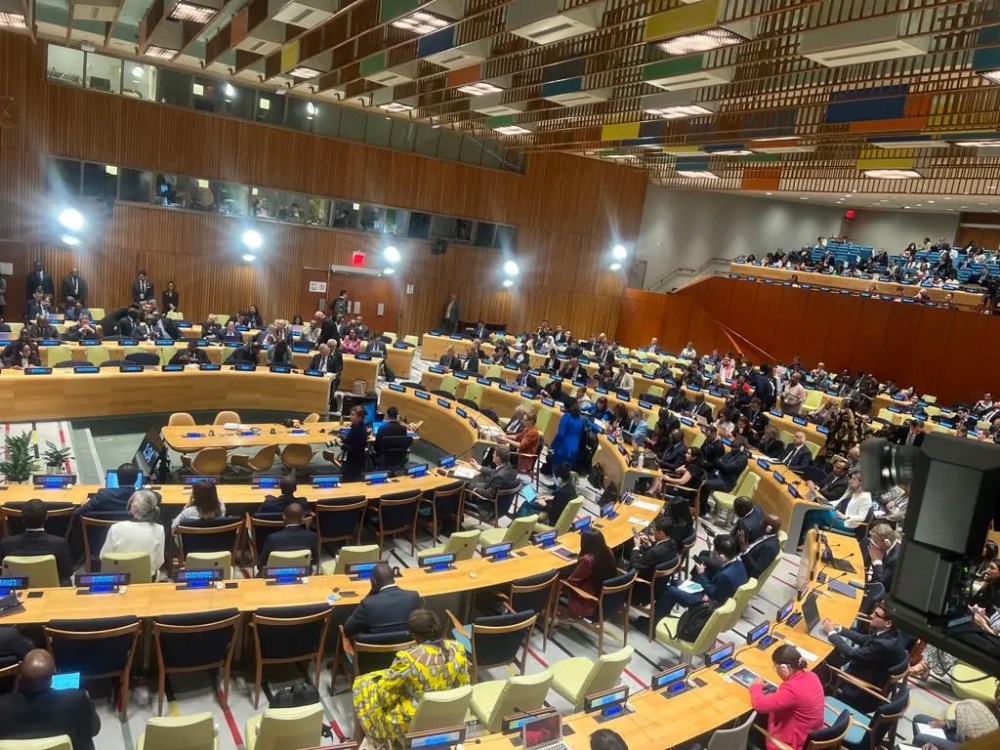
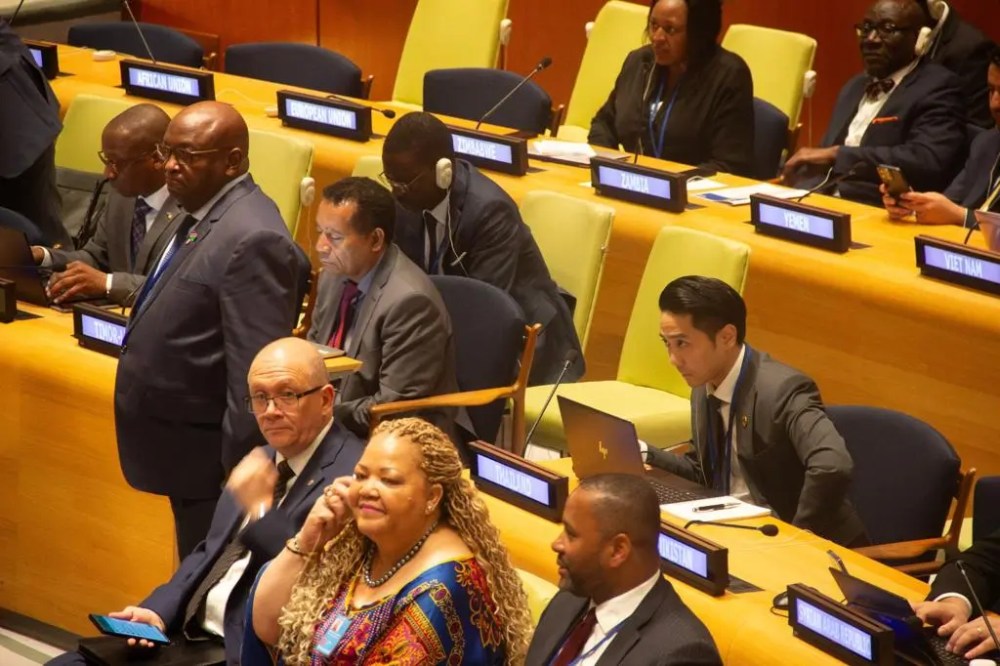
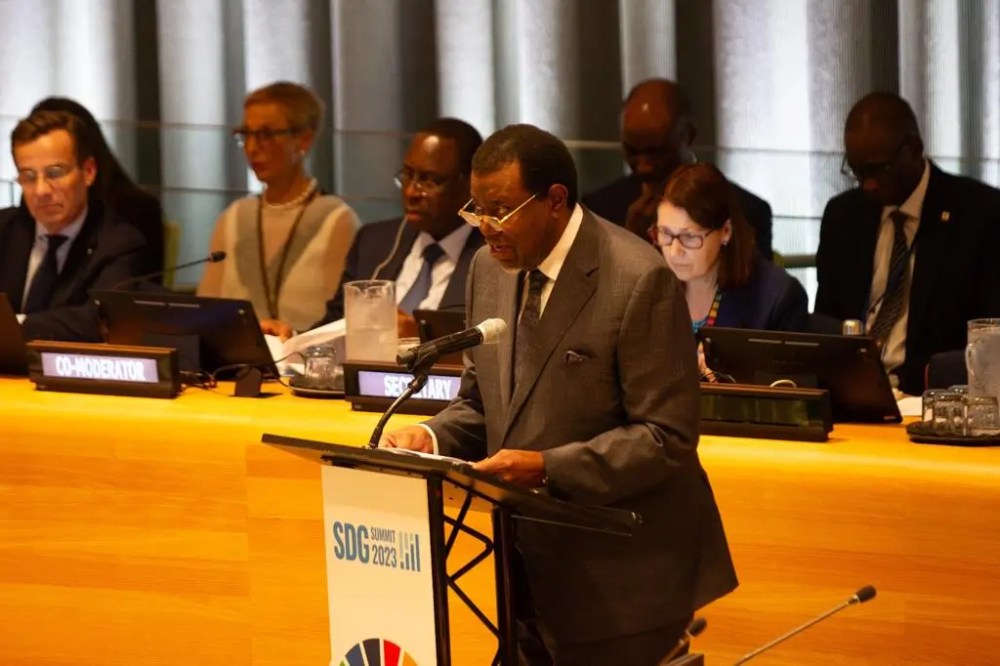
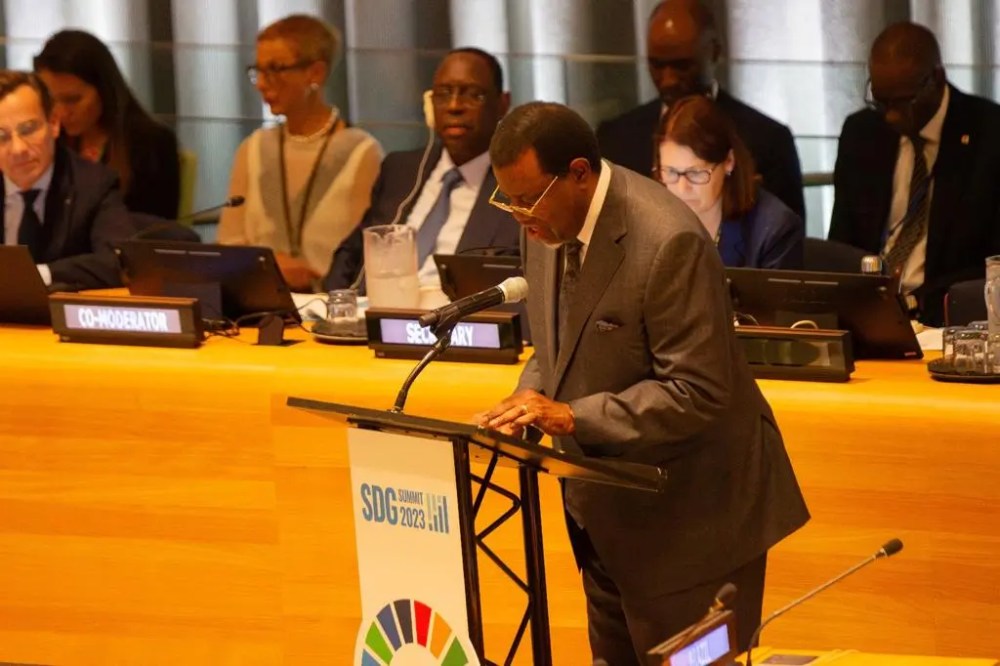
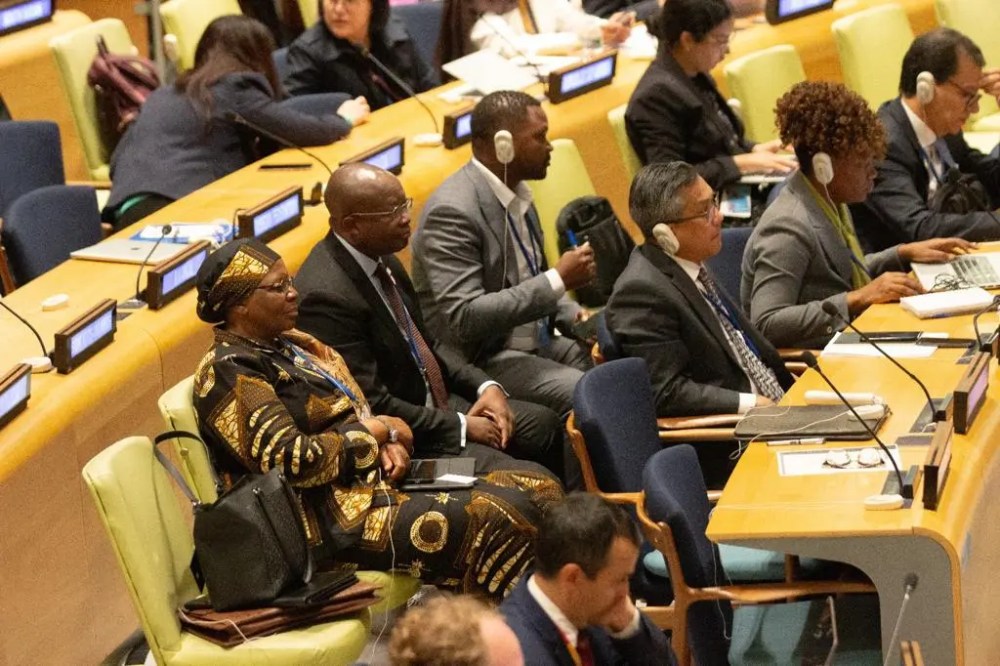
Here follows the full text of the statement:
Esteemed Co-chairs, Excellencies, Distinguished Ladies and Gentlemen,
- Eight years ago, we collectively made a commitment to put shoulder to the wheel and push people-centred development, everywhere and for everyone. The promise to ensure that no one feels left out remains the clarion call.
- Namibia has gone through various independent intervening variables, which impacted it’s developmental path, such as a commodity crisis, the worst droughts recording in history and the invisible enemy of Covid-19 pandemic. Moreover, Namibia continues to be unfairly classified as an upper middle-income country because of its high per capita income. Taking the small population of Namibia, dividing its GDP and arriving at a per capita income that is high is not a good measurement. It does not reflect the reality of the past colonial injustices in Namibia where the white minority oppressed the black majority.
- Therefore, the odds have been stacked against our small Nation. However, we have always refused to consider ourselves helpless victims of these unparalleled hurdles. We have acted decisively by utilising policies which we crafted such as the 2019 Development Finance Assessment Report, which advocates for the utilisation of an Integrated National Financing Framework to mobilize fit for purpose capital.
- Namibia identified unique opportunities that would address various sustainable development goals and climate change, including renewable energy, green hydrogen, the cultivation of carbon sequestrating underwater kelp, sustainable water management and clean synthetic fuels production. Through public private sector collaboration and targeted economic diplomacy, we packaged these opportunities using innovative financial tools such as green bonds, sustainability bonds, grants and official development assistance to mobilize more than $1.2 billion in financing commitments by 2023.
- Our efforts to support domestic resource mobilisation have also been central to complementing the efforts of our partners to meet our development needs. Namibia will continue in its endeavours to scale up domestic resource as a means for financing our developmental agenda.
- We call on international financing institutions such as the World Bank to augment their risk appetite by reviewing their Capital Adequacy Ratios which should unlock more capital for lending to both lower-and middle-income countries. The call for the reform of the international financial architecture is a call to broaden opportunities to support development.
- Lastly, sustainable and predictable financing is the bedrock for all our development priorities and only when this is prioritised, can we put back on track our collective developmental ambitions.
I thank you


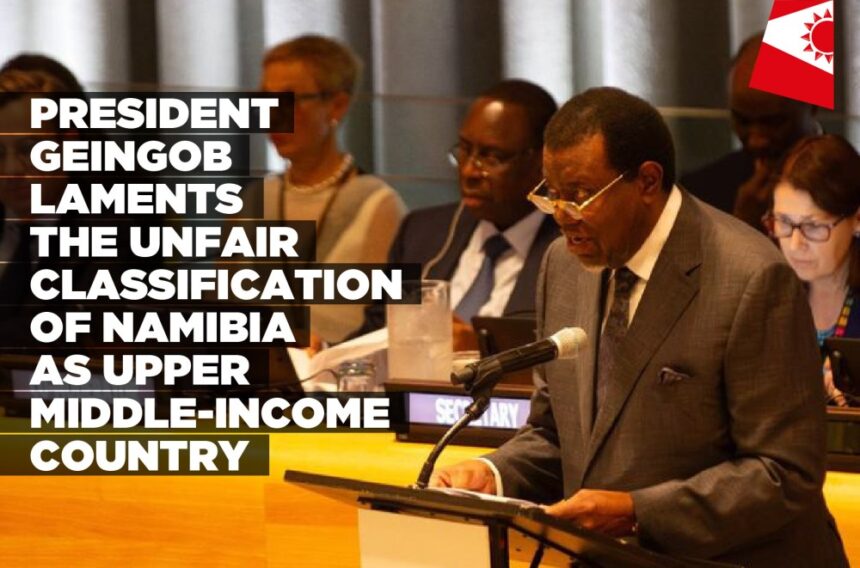
Leave a Reply